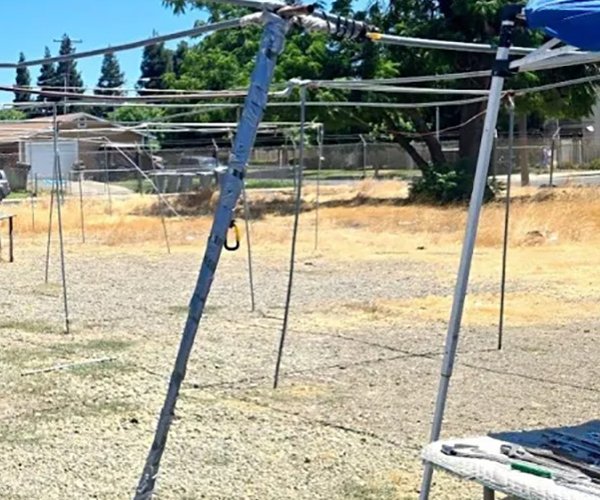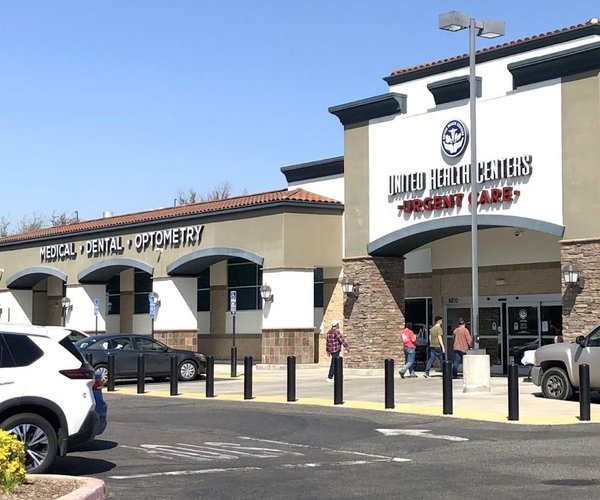After intentionally violating state emissions rules, Volkswagen recently settled with the State of California to spend nearly $1.2 billion remedying the violation. Now, Assembly Republicans are calling on Gov. Jerry Brown to allocate the funds to programs that offer the greatest health benefits to Californians and mitigate the cost of improving the state’s transportation infrastructure.
Assembly Republicans call for prioritized spending of Volkswagen settlement
Latest
-
 Council set to renew Parent University partnership, consider becoming a charter city
Council set to renew Parent University partnership, consider becoming a charter city -
 Sikh leaders cheer California anti-intimidation bill proposed by Merced legislators
Sikh leaders cheer California anti-intimidation bill proposed by Merced legislators -
 ICE raids impacting local economy
ICE raids impacting local economy -
 Valley health clinics brace for impact to services, patients from Medicaid provisions of Trump’s ‘Big Beautiful Bill’
Valley health clinics brace for impact to services, patients from Medicaid provisions of Trump’s ‘Big Beautiful Bill’





